Znanstvenici koji godinu dana daju nemali doprinos borbi protiv pandemije izloženi su nerijetko neprimjerenim napadima, govoru mržnje, pozivu na linč preko društvenih mreža na kojima ljudi lako gube osjećaj za mjeru. Iako smo kao društvo u brojnim drugim slučajevima osudili govor mržnje ta osuda je izostala u njihovu slučaju, osobito nakon prosinačkog apela 26 znanstvenika i liječnika za oštrijim mjerama. Legitimno je civilizirano polemizirati, no neprihvatljivo je huškati, prijetiti i klevetati ljude. U jeku pandemije štetu čine i kvaziznanstveni stavovi raznih aktera, među kojima ima i političara, jer stvaraju nepovjerenje u institucije, znanost i liječnike. Jedan od najcitiranijih znanstvenika u svijetu, Igor Rudan i član Znanstvenog savjeta Vlade ističe da vodeći hrvatski znanstvenici više od godinu dana stručno, pravovremeno i u dobroj vjeri informiraju hrvatsku javnost o svim novim znanstvenim spoznajama o pandemiji COVID-19, jer uspješan odgovor svake države u velikoj mjeri ovisi o zdravstvenoj prosvijećenosti građana.
- Nažalost, pritom na društvenim mrežama traju neprestani napadi, kao i javno huškanje na mnoge od nas. Izmišljaju nam se nepostojeće uloge i motivi, naše se izjave vade iz konteksta, a naše djelovanje prikazuje kao štetno, uz brojne uvrede i klevete, pa čak i zastrašivanja i prijetnje. Iako su se i o meni osobno na društvenim mrežama širile brojne dezinformacije, posebno su zabrinjavajući bili primjeri javnog huškanja na moje kolege, poput pisanja poslodavcima tražeći sankcije zbog njihova djelovanja. Takve teško razumljive napade već su iskusili Petra Klepac, Andreja Ambriović Ristov i Ozren Polašek. Doznao sam i za ozbiljne prijetnje upućene prof. dr. Igoru Štagljaru, koje je on prijavio vrhu vlasti u Hrvatskoj, i nadležnim tijelima, ali i kanadskom veleposlaniku u Hrvatskoj. Česta su i javna ismijavanja kompetencija vodećih hrvatskih znanstvenika u inozemstvu poput Nenada Bana, Ivana Đikića, Borisa Lenharda, Luke Čičin Šaina, zatim liječnika Branka Kolarića i Saše Sriće, kao i mene osobno. Uz to, pozivalo se ugostitelje da znanstvenicima u svojim restoranima poslužuju zagađene obroke i pića, a na ulaznim vratima svojih objekata izvjese njihove slike, kako bi ih se lakše prepoznalo. Broj kleveta o meni osobno, ali i svima nama, na društvenim mrežama broji se u stotinama. Znanstvenu zajednicu zabrinjava što se u Hrvatskoj dopušta ovakvo postupanje prema skupini koja ima najviše znanstvenih spoznaja o pandemiji, te ih redovito dijeli s hrvatskom javnošću, smatrajući to svojom dužnošću – ističe Rudan.
Osobito je zabrinjavajuće što je iskusila Andreja Ambriović Ristov, predstojnica Zavoda za molekularnu biologiju Instituta Ruđer Bošković i članica Znanstvenog savjeta Vlade i to nakon što je u veljači, među ostalim, izjavila da su na sjednici zaključili da se ne ide u jače mjere s jedinom razlikom što su otvorili škole i dodala: "Iskreno, ja sam protiv otvaranja škola jer je englesko iskustvo pokazalo da su škole pogotovo sada nakon što nam je ušao britanski soj, izvor zaraze''.
- Kako nisam korisnik Facebooka od službe za medije Instituta Ruđer Bošković dobila sam obavijest o huškačkim napisima i uvredljivom tonu jednog poduzetnika o meni, potaknute mojim izjavama u emisiji RTL Direkt 10. veljače 2021. Rezultat toga je da je ravnatelj Instituta Ruđer Bošković zatrpan s više stotina e-mail poruka od njegovih pratitelja. Osim toga bila sam i jedna od petero članova Znanstvenog savjeta Vlade koji smo potpisali tzv. Apel 26, čije slike je trebalo staviti na ugostiteljske objekte - navodi Ambriović Ristov.
Fotografije nje, Rudana, Petre Klepac, Nenada Bana, Branka Kolarića nisu osvanule na ugostiteljskim objektima jer je linč nedopustiv, a sporna objava o njoj je nakon nekog vremena maknuta s interneta. Nije sporno da netko ne dijeli mišljenje znanstvenika, ali sporno je kad se prijeđe mjera, ocrnjuje osoba, njezin stručni kredibilitet i huška ljude da ne stanu samo na lajkanju, nego pišu protiv nje njezinom ravnatelju, u kabinet ministra obrazovanja i pravobraniteljici za djecu. I naš svjetski priznati znanstvenik Nenad Ban ističe da je sasvim očito da su mnogi članovi vladinog Znanstvenog savjeta bili pod pritiskom preko društvenih mreža.
- Imao sam prilike vidjeti komentare poput onoga što je poslala kolegica Ambriović Ristov, a čuo sam za još mnogo takvih slučajeva. U nekoliko prilika sam od kolega dobio poruke sa kopijama izjava na Facebooku koje bi se mogle okarakterizirati kao neprimjerni komentari o meni ili o mojoj stručnosti, međutim sam to nisam primijetio jer iako imam FB račun nisam aktivan na društvenim mrežama – kaže Ban.
Petra Klepac, docentica na London School of Hygiene and Tropical Medicine, gdje se bavi matematičkim modeliranjem zaraznih bolesti i članica vladinog Savjeta, također nije na Facebooku, te je za ružne postove doznala od prijatelja.
- Prijatelji i poznanici javljali su mi da se počinju brinuti za moju sigurnost na osnovu postova određenih pojedinaca. Koliko znam, ti postovi su proslijeđeni nadležnim tijelima zajedno sa postovima protiv drugih znanstvenika (tada se prvenstveno radilo o napadima na kolegicu Ambriović Ristov i kolegu Polašeka – kaže Klepac.
Luka Čičin-Šain, virusni imunolog iz Centra za infektološka istraživanja u Braunschweigu i sam je nakon iznošenja u javnost znanstvenih spoznaja o koronavirusu doživio, neugodnosti, vrijeđanja, pa i poneku prijetnju.
- To me ne ostavlja ravnodušnim, ali me nije ni prisililo da šutim – kaže Čičin- Šain. Kao i drugi njegovi kolege uvijek smireno, argumentirano za hrvatsku javnost iznosi znanstvene spoznaje o koronavirusu, kretanju pandemije i potpuno je neshvatljivo da je on zbog toga bio izložen primitivnim napadima i uvredama pojedinaca.
Jedan od, također, naših vodećih znanstvenika u inozemstvu, Ivan Đikić, ističe da je neosporno da su članovi Znanstvenog savjeta Vlade ali i drugi znanstvenici iz inozemstva i Hrvatske koji su svojim aktivnim i volonterskim radom doprinijeli točnom informiranju javnosti o bolesti COVID-19 izloženi brojnim uvredama na rodnoj, spolnoj, nacionalnoj i osobnoj razini, te napadima i direktnim prijetnjama prema članovima njihovih obitelji i na radnim mjestima.
- I osobno sam doživio takve napade i mogu posvjedočiti koliko neugodnosti takvi napadi mogu učiniti u našim radnim sredinama, ali i miru obiteljskog života. Svi ti znanstvenici su javno angažirani iz osjećaja odgovornosti i želje pomoći hrvatskim građanima svojim stručnim znanjem. Među uvredama koje sam uspio pročitati na društvenim mrežama i komentarima na internetu pročitao sam: izdajnici, ubojice naše djece, uništavači Hrvatske, plaćenici Amerike, treba ih fizički prognati i zabraniti ulazak u Hrvatsku, pederi, fašisti, crveni kmeri, komunisti, ekstremisti, prljavi Srbi, propalice. To nema nikakve veze sa znanošću i pojedinim znanstvenicima, to je klasični primjer govora mržnje i uvreda čiji je cilj ušutkati i ukloniti te osobe iz javnih rasprava – ističe Đikić.
On smatra da je, nažalost, takav govor mržnje protiv znanstvenika toleriran od odgovornih u RH. Osobno je, dodaje, pisao g. Frki Petešiću i premijeru krajem studenog, kada je s članovima Znanstvenog savjeta bio izvrgnut intenzivnim napadima i uvredama, da se prestane s toleriranjem napada na znanstvenike u javnom prostoru. Nažalost, kaže, do danas nije dobio nikakav odgovor.
- S druge pak strane pojedinci, ali i agresivne lobističke grupe koje stoje iza tih napada su javno poznate već duže vrijeme i nastavljaju s napadima, dok nadležne službe vrlo rijetko reagiraju. Pitanje je za premijera Plenkovića i Vladu RH do kada će tolerirati ovakav govor laži i mržnje prema znanstvenicima koji Vladi pomažu svojim savjetima? Apel razuma nam govori da ovakav krug mržnje i huškanja može dovesti do tragičnijih i ozbiljnijih posljedica koje trebamo svi zajedno zaustaviti – govori Đikić.
Epidemiolog Branko Kolarić i član vladinog Savjeta ne stigne puno pratiti društvene mreže, no kaže da je s češćim pojavljivanjem u javnosti dobio i puno podrške.
- Naravno, bilo je i neukusnih poruka i kritika. Ovim potonjima se uglavnom bave ljudi koji nemaju mogućnosti koristiti svoje potencijale na konstruktivan i vrijedan način, a, očito, imaju višak vremena. Kada bih bilo koju prijetnju doživio ozbiljnom prijavio bih je nadležnim tijelima jer smo kao članovi Savjeta upoznati s tom mogućnošću – govori Kolarić.
Još jedan od naših poznatih znanstvenika u inozemstvu, Igor Štagljar, doživio je preko društvenih mreža napade, ali i prijetnje zbog svojih izjava tijekom pandemije.
- Napadi na mene putem društvenih mreža, tzv. “cyber bullying”, započeli su u svibnju prošle godine, kada mi je osoba iz kruga hrvatskih poduzetnika, koja se nije slagala s mojim viđenjem pandemije slala i po nekoliko uznemirujućih poruka dnevno. Ti napadi događali bi se obično nakon gostovanja na nekoj od naših televizija ili objave kolumne u Večernjem listu. Očigledan cilj te neželjene komunikacije bio je da me se ušutka i zastraši, što mi se činilo smiješnim jer za to nije bilo nikakvih osnova. U porukama mi je davano do znanja da će mom poslodavcu, Sveučilištu u Torontu, biti prijavljeno da sam u Hrvatskoj “obmanjivao javnost glede našeg lijeka protiv podvrste karcinoma pluća nemalih stanica”. Takva prijetnja je posebno besmislena jer moj je laboratorij tu studiju publicirao lani u vodećem znanstvenom časopisu Nature Chemical Biology, te su stvoreni svi preduvjeti za kliničke studije. Nadalje, ista osoba početkom ove godine objavila je na svom Facebook profilu filmove i slike iz emisije „Nedjeljom u 2“, u kojoj sam gostovao u listopadu lani. Tamo me bez ikakve činjenične osnove javno i neistinito optužila da znanstvene stavove o pandemiji zagovaram radi toga što od uvođenja strogih mjera u Hrvatskoj imam osobni financijski interes i „ogromnu korist“. Te tvrdnje je temeljila na zlonamjerno „izrezanim“ video materijalima iz emisije „Nedjeljom u 2“, iako su moje izjave u toj emisiji potvrđivale suprotno - da nikada nisam ostvario nikakav prihod od istraživanja ili javnog istupanja o pandemiji. Zbog iznošenja tih neistina moja je odvjetnica Vanja Jurić uputila pismo tom poduzetniku, te je nakon toga prestao iznositi poruke s elementima klevete, uznemiravanja i prijetnji. Ali, kulminaciju prijetnji doživio sam sam prije nekoliko tjedana, nakon što su mediji u Hrvatskoj objavili vijest o otkriću i razvoju našeg inovativnog COVID-19 serološkog testa pod nazivom SATiN. Tada su protiv mene iz istih izvora ponovno osvanule zlonamjerne optužbe da profitiram od pandemije i da mi zapravo paše da se ovakvo stanje pandemije što duže održi. Te optužbe su ponovo bile neosnovane, jer su o našem otkriću, objavljenom u uglednom časopisu Nature Communications, izvijestili svi važniji kanadski mediji i najvažnija kanadska TV postaja CBC, koja je naš znanstveni uspjeh označila kao svoj “highlight” tjedna u vijestima “The National”. Ubrzo nakon toga je jedna osoba, od ranije poznata MUP-u RH, na Facebook zidu jednog od članova Znanstvenog Savjeta Vlade napisala da će se sa mnom fizički obračunati. Zbog toga sam bio primoran kontaktirati ministra Božinovića, a isti dopis poslao sam i premijeru Plenkoviću, šefu njegova kabineta Frki Petešiću, predsjedniku Milanoviću, kao i kanadskom veleposlaniku u Hrvatskoj, njegovoj ekscelenciji Alanu Bowmanu, koji se jako neugodno iznenadio zbog takvih izljeva mržnje usmjerenih protiv mene – navodi Štagljar, dodajući da je protiv dotične osobe podignuta tužba, a tako će postupiti i u slučaju svake nove prijetnje.
- Na kraju bih želio napomenuti da sam baš jako neugodno iznenađen količinom mržnje koja se prosipa Hrvatskom protiv naših znanstvenika koji su pozitivno kritični te žele ukazati na moguće probleme koje nosi pandemija. Ovakav razvoj događaja pripisujem kontinuiranom govoru mržnje na društvenim mrežama koje još od svibnja lani sustavno provode neki epidemiološki laici iz poduzetničkih krugova, ali im se u tome pridružuju, nažalost, i neki od članova znanstvenog savjeta Vlade RH. Spomenuti napadi više nemaju nikakve veze sa znanošću, već su otvorili sasvim druge teme. To su agresija, iznošenje laži i manipulacija, kao i društveno opasno ponašanje koji su nepotrebno polarizirali hrvatsku javnost u pandemiji – ističe Štagljar i dodaje da se ovaj problem treba što prije riješiti što je moguće samo ako se tome Vlada RH odlučno usprotivi.
Valja istaći i da su pored naših znanstvenika tijekom pandemije nedopustivim napadima, prijetnjama i uvredama bili izloženi i članovi Nacionalnog stožera. Postavlja se pitanje čime su motivirani napadi na znanstvenike? Sociolog Dragan Bagić sa zagrebačkog Filozofskog fakulteta na naš upit uzvraća:
- Jedna skupina ljudi vodi kulturni rat, organizira okupljanja oko nekih osoba koje imaju veliki broj pratitelja i sve agresivnije istupaju u borbi za svoju viziju borbe protiv pandemije. No, u tome se prešla granica, jedno je ne slagati se s nekim, a drugo je organizirati hajku na osobe i skupine s kojima se ne slažete, tražiti da se protiv njih piše njihovim poslodavcima i drugim institucijama. U javnosti treba osvijestiti da postoje akteri u društvu koji vode kulturne ratove i djeluju organizirano kako bi dezavuirali osobe ili skupinu s kojom se na slažu i kroz kvaziargumente nametnuli javnosti svoj stav. Kada se organizira hajka na osobe i udara na njihov stručni kredibilitet demotivira se ljude da iznose svoja mišljenja, tjera ih se iz javnog prostora jer će na kraju pomisliti 'što meni sve ovo treba'. Takav vid pritisaka i neprimjerenih napada nije argumentirana javna rasprava već je usmjeren protiv slobode javnog govora i ne događa nam se prvi put – zaključuje Bagić.
Što policija poduzima i što je poduzimala protiv neprimjernih napada na društvenim mrežama na znanstvenike? Iz MUP-a navode da policija radi svoj posao i u ovom slučaju kao i svakom drugom kad ima saznanja o mogućem počinjenom kaznenom djelu koje se progoni po službenoj dužnosti, te poduzima mjere i radnje iz svoje nadležnosti s ciljem utvrđivanja svih okolnosti događaja. Zbog tajnosti policijskih izvida nisu u mogućnosti iznositi detalje vezane uz dosadašnje postupanje, a kako ne bi u konačnici utjecali na rezultate istraživanja. Očito je, dakle, iz odgovora MUP-a da policija prati stanje na društvenim mrežama...
- Posljednjih nešto više od godinu dana živimo u dugotrajnoj krizi i borbi protiv pandemije u kojoj smo svi morali dati doprinos kroz odricanje od stvari koje su nam inače uobičajene. Reduciranje društvenog života i izravnog kontakta s drugima kakvog ga znamo iz vremena prije pandemije, zasigurno su stvari koje su ostavile najviše traga na svima nama. On-line komunikacija ima svoje prednosti povezivanja s drugima bez obzira na mjesto i vrijeme, ali ne može nadoknaditi fizički kontakt. Upravo odsustvo te komponente kod pojedinaca ponekad izaziva ponašanje kojem vjerojatno ne bi pribjegli u izravnom kontaktu s drugima. Sloboda govora je jedna od blagodati života u demokratskom društvu, ali moramo znati granice. Ukoliko pojedinac koristeći slobodu govoru izaziva uznemirenost u vidu narušenog osjećaja sigurnosti kod druge osobe, onda već govorimo o zlouporabi te iste slobode govora koja je prešla u neku drugu, njoj suprotnu domenu, jasan je komentar i ministra Davora Božinovića i šefa Nacionalnog stožera.
VIDEO Od 12. veljače do 15. svibnja posjetite izložbu "Hrvatska svijetu"
Leading Croatian Scientists Commenting On COVID-19 Are Being Hit By Hate Speech: ‘’The Goal Is To Intimidate Us And Remove Us From The Public Debate, But That Is Not Going To Silence Us’’
Scientists who have been making a significant contribution to the fight against the ongoing coronavirus pandemic for more than a year now are often being exposed to inappropriate attacks, hate speech, and lynch mob-style outbursts on social media, where people can quite easily lose their sense of self and go beyond normal limits. Although Croatia, as a society and a state, has condemned hate speech in a number of other cases, that same condemnation has, thus far, been absent in the case of the scientists now facing this onslaught, especially after the December 2020 appeal by 26 scientists and doctors for tougher measures in the fight against the second wave of the pandemic.
It is legitimate to publicly debate questions of considerable national interest, but it is absolutely unacceptable to incite, threaten and slander people. At the height of the pandemic, the quasi-scientific views of various individuals, including politicians, have also been damaging, because they create a sense of distrust in institutions, and then in science and doctors. One of the highly cited scientists globally, Professor Igor Rudan of the University of Edinburgh, who is also a member of the Croatian Government's Scientific Council to address the COVID-19 pandemic, pointed out that leading Croatian scientists have been informing the Croatian public about all of the new scientific knowledge about the COVID-19 pandemic for more than a year now because a country's response to the pandemic depends to a great extent on the level of health education of its citizens.
''Unfortunately, there are constant attacks being instigated on social media, as well as public incitement against many of us. Non-existent roles and motives are being invented, our statements are being taken out of context, and our actions are being portrayed as harmful, with numerous insults and slanders thrown in along with that, and sometimes even intimidation and threats, too. Although there was a lot of misinformation about me personally being spread on social media, examples of public incitement against my colleagues, such as writing to their employers asking for sanctions for their actions, were particularly concerning. Such difficult-to-understand attacks have already been experienced by Assistant Professor Petra Klepac of the London School of Hygiene and Tropical Medicine, Professor Andreja Ambriović Ristov of the Ruđer Bošković.
Institute in Zagreb and Professor Ozren Polašek of the University of Split. I also found out about the serious threats made to Professor Igor Štagljar of the University of Toronto, which he reported to the relevant authorities in Croatia, including the President of Croatia, Mr Zoran Milanović; the Prime Minister, Mr Andrej Plenković; the Head of the Cabinet of the Prime Minister, Mr Zvonimir Frka-Petešić; and the Minister of Internal Affairs, Mr Davor Božinović; as well as to the Canadian Ambassador to Croatia, Mr Alan Bowman.
Public ridicule of the competencies of leading Croatian scientists abroad, such as Professor Nenad Ban of the ETH Zurich, Professor Ivan Đikić of the Goethe University Frankfurt, Professor Boris Lenhard of the Imperial College London, Professor Luka Čičin Šain of the Helmholtz Centre for Infection Research in Braunschweig, as well as Croatia-based physicians Professor Branko Kolarić and Dr Saša Srića, and me personally, have also been and continue to be frequent. As an example, those who run catering and hospitality establishments in Croatia were invited to serve contaminated or spoiled meals and drinks to scientists in their restaurants, and to hang pictures of them on the front doors of their facilities, to make them easier for the members of the public to recognise. The number of slanderous things I've read about myself personally, as well as all of us in general on social media, is now well into the hundreds. The scientific community is concerned that in Croatia such treatment is being permitted towards the group that has the most scientific knowledge about the pandemic, and regularly shares that knowledge with the Croatian public, considering it their duty,'' Rudan pointed out.
It is especially worrying that Professor Andreja Ambriović Ristov, the Head of the Department of Molecular Biology at the Ruđer Bošković Institute and a member of the Scientific Council of the Croatian Government, also experienced this after she stated back in February during a TV interview, among other things, that they concluded at the session of the Scientific Council that no stronger measures were going to be taken because schools had been opened, and added: "Honestly, I'm against opening schools because the English experience has shown that schools, especially now that the Kent strain (B.1.1.7.) has made its way into Croatia, are a source of infection."
Professor Andreja Ambriović Ristov added: “As I'm not a Facebook user, I received a report about inflammatory Facebook posts and an insulting tone from a certain entrepreneur about me from the Ruđer Bošković Institute's media service, that was all prompted by the statements I gave in my interview to the "RTL Direkt" show on February the 10th, 2021. As a result, the director of the Ruđer Bošković Institute was overwhelmed with hundreds of emails from this entrepreneurs' followers. I'm also one of the five members of the Scientific Council of the Government who signed the so-called "Appeal 26", whose pictures were to be placed on the doors of catering and hospitality facilities,'' stated Ambriović Ristov.
Photos of her, Professor Igor Rudan, Assistant Professor Petra Klepac, Professor Nenad Ban, and Professor Branko Kolarić did not appear on the doors or walls of catering and hospitality facilities because such lynch mob-style attacks are totally inadmissible, and the controversial Facebook post about her was removed from Facebook after some time. It's one thing if someone simply does not share the opinion of a scientist, but it is quite another when some measure is taken, and a person and their professional credibility is denigrated and people are incited not only to like such posts but to write things against that scientist to the Institute's director, the Minister of Education and the Ombudsman for Children.
The world-renowned Croatian scientist Professor Nenad Ban of ETH Zurich, a member of the Government’s Scientific Council, also pointed out that it is quite obvious that many members of the Scientific Council have been under pressure through and owing to social media.
''I had the opportunity to see comments like the one sent by my colleague Professor Ambriović Ristov, and I heard about many more such cases. On several occasions, I received messages from colleagues with copies of statements on Facebook that could be characterised as inappropriate comments being written about me or my level of expertise, but I did not notice any of it because although I have a Facebook account, I am not active on social media,'' explained Ban.
Dr Petra Klepac, an Assistant Professor at the London School of Hygiene and Tropical Medicine, where she deals with the mathematical modelling of infectious diseases, who is also a member of the Government's Scientific Council, is also not on Facebook, and she found out about these despicable posts from some of her friends.
''Friends and acquaintances have informed me that they are starting to worry about my personal safety based on the posts of certain individuals. As far as I know, these posts were forwarded to the authorities together with posts written against other scientists, back then it was primarily attacks being made on Professor Ambriović Ristov and Professor Polašek,'' stated Klepac.
Professor Luka Čičin-Šain, a viral immunologist from the Centre for Infectious Diseases Research in Braunschweig, Germany, also received insults and even some threats after publicising his scientific knowledge about the novel coronavirus.
''That does not leave me indifferent, it has an effect on me, but it did not force me to keep my mouth shut,'' said Čičin-Šain.
Much like his colleagues, he presents his scientific knowledge about the coronavirus to the public in a calm and collected manner, as he does about the movement of the pandemic, and it is completely incomprehensible that he was exposed to primitive attacks and insults from certain individuals as a result of that. Again, they were ignited by the same entrepreneur as in previously mentioned cases.
One of the leading Croatian scientists abroad, Professor Ivan Đikić, pointed out that it is unacceptable that members of the Scientific Council of the Croatian Government, as well as other scientists from abroad and from Croatia, who, through their active and voluntary work, contributed to providing accurate information about COVID-19 to the public, are experiencing numerous insults made against them, sometimes based on their gender, nationality and at a very personal level, as well as attacks and direct threats against their family members and in the workplace.
''I have personally experienced such attacks and I can testify to how much of a bad situation such attacks can create in our work environments, but also within the peace of our very family lives. All of these scientists are publicly engaged in the fight against the pandemic out of a sense of responsibility and a desire to help Croatian citizens with their expertise. Among the insults I managed to read on social media, as well as other comments made on the Internet, I read that we were ''traitors, murderers of Croatia's children, destroyers of Croatia, mercenaries of America,'' and that we ''should be physically expelled and banned from entering Croatia,'' that we were ''faggots, fascists, extremists, bastards…''
None of that has anything to do with science or with individual scientists, it is merely a classic example of hate speech and insults whose goal is to silence and remove scientists from public debates,'' Đikić warned. He believes that, unfortunately, such hate speech being made against scientists is being tolerated by the relevant authorities in the Republic of Croatia. He added that he had personally written to the Prime Minister's Office back at the end of November, when he and members of the Government's Scientific Council had been subjected to intense attacks and insults, asking them to stop tolerating public attacks on scientists. Unfortunately, he says, he has not received any answer from them to date.
On the other hand, individuals, as well as some aggressive lobby groups behind these attacks, have been publicly known for a long time and they continue to attack, while the relevant services very rarely react to such behaviour. The question for Prime Minister Plenković and the Government of the Republic of Croatia is - until when will they continue to tolerate lies and hatred towards scientists who are assisting the Government with their advice? The appeal of reason tells us that such a circle of hatred and incitement can lead to more tragic and serious consequences that we all need to stop together,'' stated Đikić.
Epidemiologist Branko Kolarić, who is also a member of the Government's Scientific Council, doesn't have much time to keep up with things being said on social media, but he says that he has received a lot of support with his more frequent appearances in public.
''Of course, there were also distasteful messages and criticisms. The latter are mostly thrown at us by people who do not have the opportunity to use their potential in some constructive and valuable way, and, obviously, they also have extra time on their hands. If I took any of these threats seriously, I would report them to the relevant authorities because we, as members of the Scientific Council, were made aware of this possibility,'' said Kolarić.
Another leading Croatian scientist based abroad, Professor Igor Štagljar of the University of Toronto, experienced attacks on social media, but also threats because of his statements during the pandemic.
''Attacks made towards me through social media, so-called 'cyber-bullying’, started back in May last year, when a specific person from a circle of Croatian entrepreneurs, who did not agree with my views on the pandemic, started sending me disturbing messages. These attacks would usually happen after I’d appeared on one of the TV shows or after publishing a column in the "Večernji list" newspaper. The obvious goal of that unwanted communication was to silence and intimidate me, which seemed ridiculous because there was no basis for it. The messages threatened that my employer, the University of Toronto, would be informed that I had ‘deceived the public in Croatia about our new drug against the subtype of non-small cell lung carcinoma’.
Such a threat is particularly pointless because my lab published that study last year in the leading scientific journal "Nature Chemical Biology", and all the prerequisites for the clinical studies of the new drug have already been created. Furthermore, back at the beginning of this year, the same individual posted videos and pictures from the show "Nedjeljom u 2" ("Sunday at 2.00 pm") on his Facebook profile. I was a guest on that show in October last year. There, without any factual basis, he publicly and untruthfully accused me of advocating my scientific views on the pandemic because I have a personal financial interest in them. He implied that I would somehow stand to receive "huge benefit" from the introduction of strict measures in Croatia.
He based these claims on maliciously and deceptively "cut" video clips from the show "Sunday at 2.00 pm", although my statements in that show confirmed the exact opposite - that I never made any income from my research or from my public speaking about the pandemic. Because of these allegations, my lawyer Ms Vanja Jurić sent a letter to this specific entrepreneur, after which he stopped sending out messages with elements of slander, harassment and threats.
But then I experienced the culmination of threats against me a few weeks ago, after the media in Croatia published the news about the discovery and development of our innovative COVID-19 serological test called SATiN. Then, malicious accusations arose against me again from the same group, claiming that I was profiting from the pandemic and that it actually suited me to maintain the state of the pandemic for as long as possible. These accusations were again unfounded, because our discovery, published in the prestigious journal "Nature Communications", was reported by all major Canadian media and the most important Canadian TV station CBC, which marked our scientific success as its "highlight" of the week in the news "The National".
Shortly afterwards, a person, previously known to the Ministry of the Interior of the Republic of Croatia, wrote on the Facebook wall of one of the members of the Scientific Council of the Government that he would physically confront me. That's why I was forced to contact the Minister of Interior Affairs, Mr Davor Božinović, and sent the same letter to Prime Minister Mr Andrej Plenković, his chief of staff Mr Zvonimir Frka Petešić, President Zoran Milanović, as well as the Canadian ambassador to Croatia, His Excellency Alan Bowman. Mr Bowman was very unpleasantly surprised by such outbursts of hatred against me,'' stated Štagljar, adding that a lawsuit has been filed against the person in question, and he will do the same in the event of any new threat.
''To conclude, I'd like to mention that I am very unpleasantly surprised by the amount of hatred that is spilling over Croatia against our scientists who are positively critical and want to point out the possible problems posed by the pandemic. I attribute this development to the continuous hate speech on social media, which has been systematically carried out by some epidemiological laymen from business circles since May 2020, but they have unfortunately been joined by some members of the Scientific Council of the Government of the Republic of Croatia, too."
These attacks no longer have anything to do with science, but they have opened up completely different topics. These are aggression, deliberate lies and manipulation of people on social networks, as well as socially dangerous behaviour that has unnecessarily polarised the Croatian public throughout the pandemic,'' Štagljar pointed out. He added that this problem should be solved as soon as possible, but only if the Croatian Government strongly opposes it. It should also be noted that in addition to Croatian scientists, members of the National Civil Protection Headquarters were also exposed to inadmissible attacks, threats and insults during the pandemic. The question is, what motivated these attacks on scientists? Sociologist Dr Dragan Bagić from the Faculty of Philosophy in Zagreb responded to our inquiry:
''A group of people is waging a cultural war, organising gatherings around some people who have a large number of followers on social networks and are increasingly aggressive in their fight for their vision of the preferred response to the pandemic. But the line has now been crossed, it's one thing to disagree with someone, and it is quite another to organise a witch hunt against people and groups with whom you do not agree, and to write against them to their employers and the institutions they work for. The public should be made aware that there are actors in society who are waging cultural wars and acting in an organised manner in order to undermine persons or groups with whom they disagree while imposing their views on the public through quasi-arguments. When a witch hunt is organised and people are attacked, their professional credibility is called into question and they become demotivated to express their opinions. They get pushed away from the public space because they will eventually think 'why do I need to put up with all this for?’. This type of pressure and these types of inappropriate attacks don't represent a public debate based on arguments, but they're instead directed against the freedom of public speech and this isn't the first time it's happened to us,'' concluded Bagić.
What are the police doing and what have they done already to act against these inappropriate social media attacks on scientists? The Ministry of the Interior stated that the police are doing their job in this case, as well as in any other case when they have information about a possible criminal offence that is prosecuted ex officio. As such, they take measures and actions within their responsibility to determine all the circumstances. Due to the secrecy of police investigations, they are unable to provide details related to this conduct so far, so as not to ultimately affect the results of their investigation. It is obvious, therefore, from the response of the Ministry of the Interior that the police are indeed monitoring the situation on social media.
The Minister of Interior Affairs, Mr Davor Božinović, who also leads the National Civil Protection Headquarters made a clear comment on this issue: “For the last more than a year, we've been living in a long-lasting crisis and fighting the pandemic in which we all had to contribute by giving up things that were so common to us all. Reducing our social lives and our direct contact with others as we knew it from the time before the pandemic are certainly the things that have left the deepest mark on all of us. Online communication has its advantages of connecting with others regardless of place and time, but it cannot compensate for physical contact. It is precisely the absence of this component in individuals that sometimes causes behaviour that they would probably not resort to if they were in direct contact with others. Freedom of speech is one of the benefits of living in a democratic society, but we must know its limits. If an individual using freedom of speech causes anxiety in the form of a disturbed sense of security in another person, then we are already talking about the abuse of that same freedom of speech that has passed into another, opposite domain.”
Acknowledgement: This article has been published in Croatian in the “Večernji list” newspaper on 19 April 2021.
======
Figure 1: Eight leading Croatian scientists commenting on COVID-19 who are being hit by hate speech (from top left to bottom right): Professors Igor Rudan (University of Edinburgh), Andreja Ambriović Ristov (Ruđer Bošković Institute, Zagreb), Nenad Ban (ETH Zurich), Petra Klepac (London School of Hygiene and Tropical Medicine), Branko Kolarić (Croatian Institute for Public Health), Ivan Đikić (Goethe University Frankfurt), Igor Štagljar (University of Toronto) and Luka Čičin-Šain (Helmholtz Centre for Infection Research, Braunschweig). Besides them, several other scientists and physicians are also being targeted, as well as the members of the Croatian National Civil Protection Headquarters. Credits: Pixell/N1/private collections.







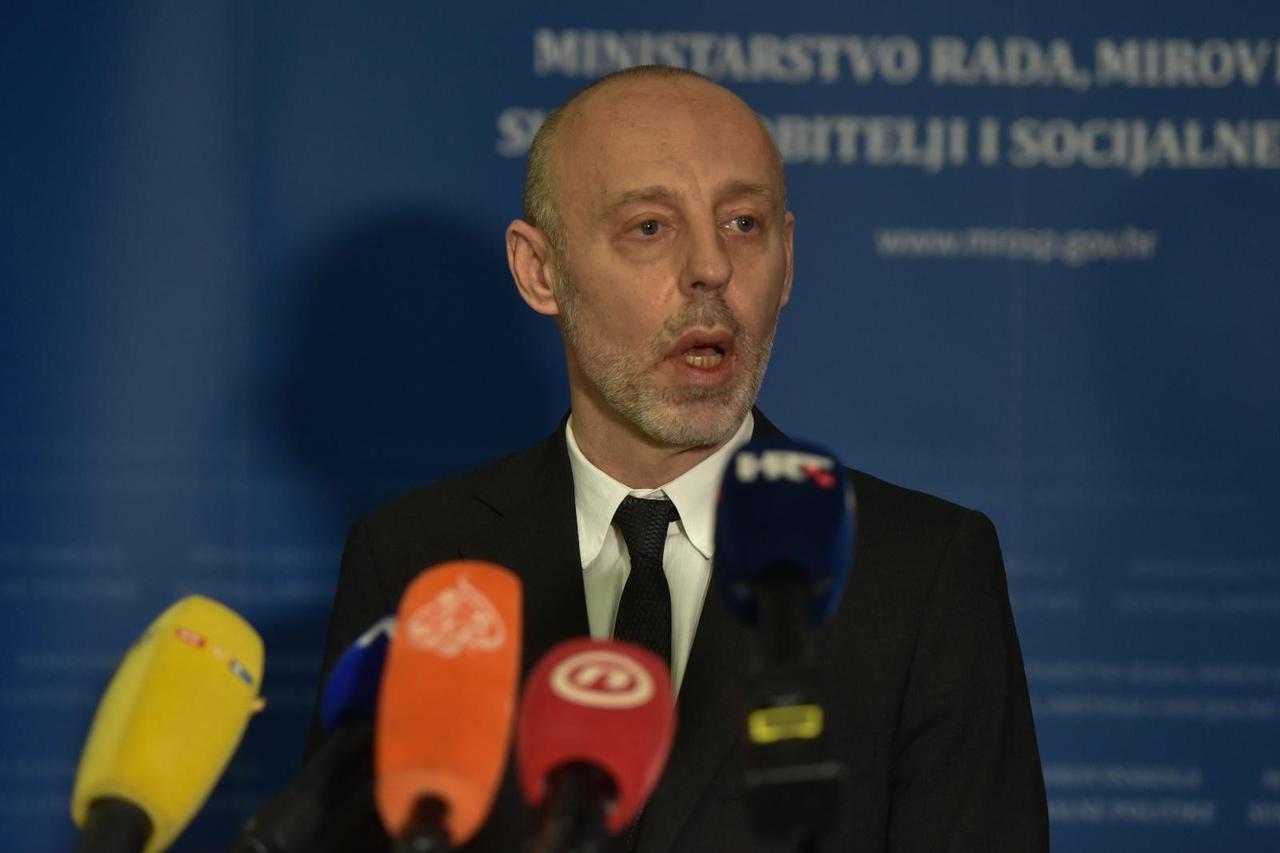

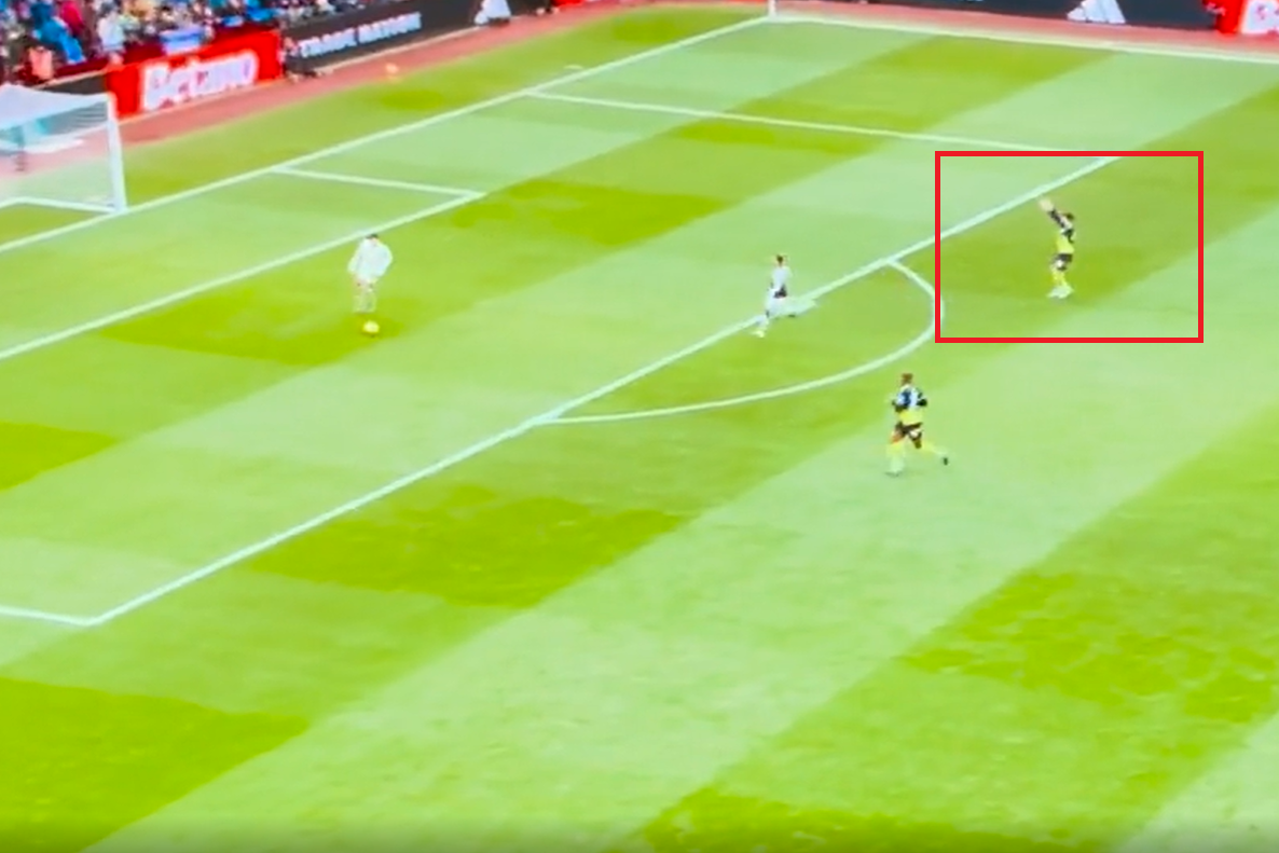
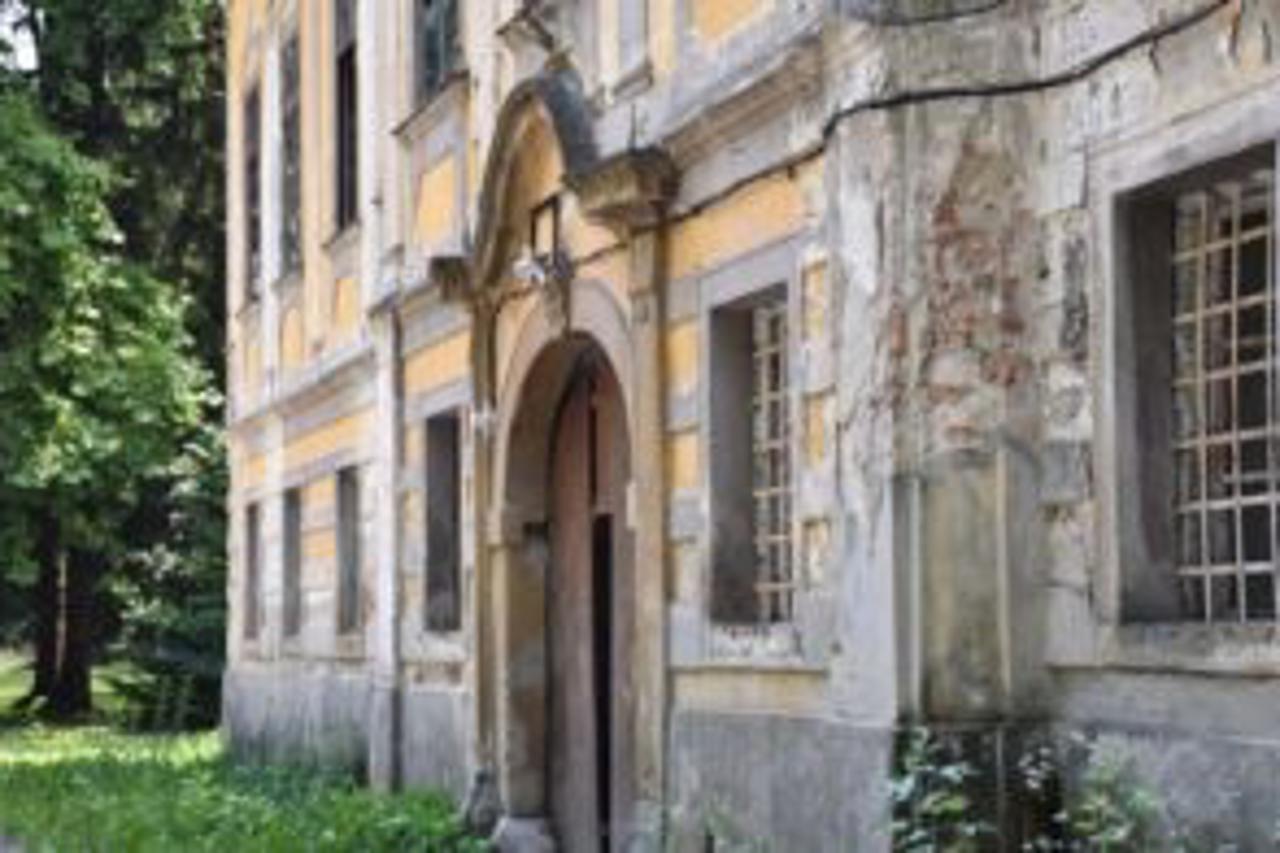




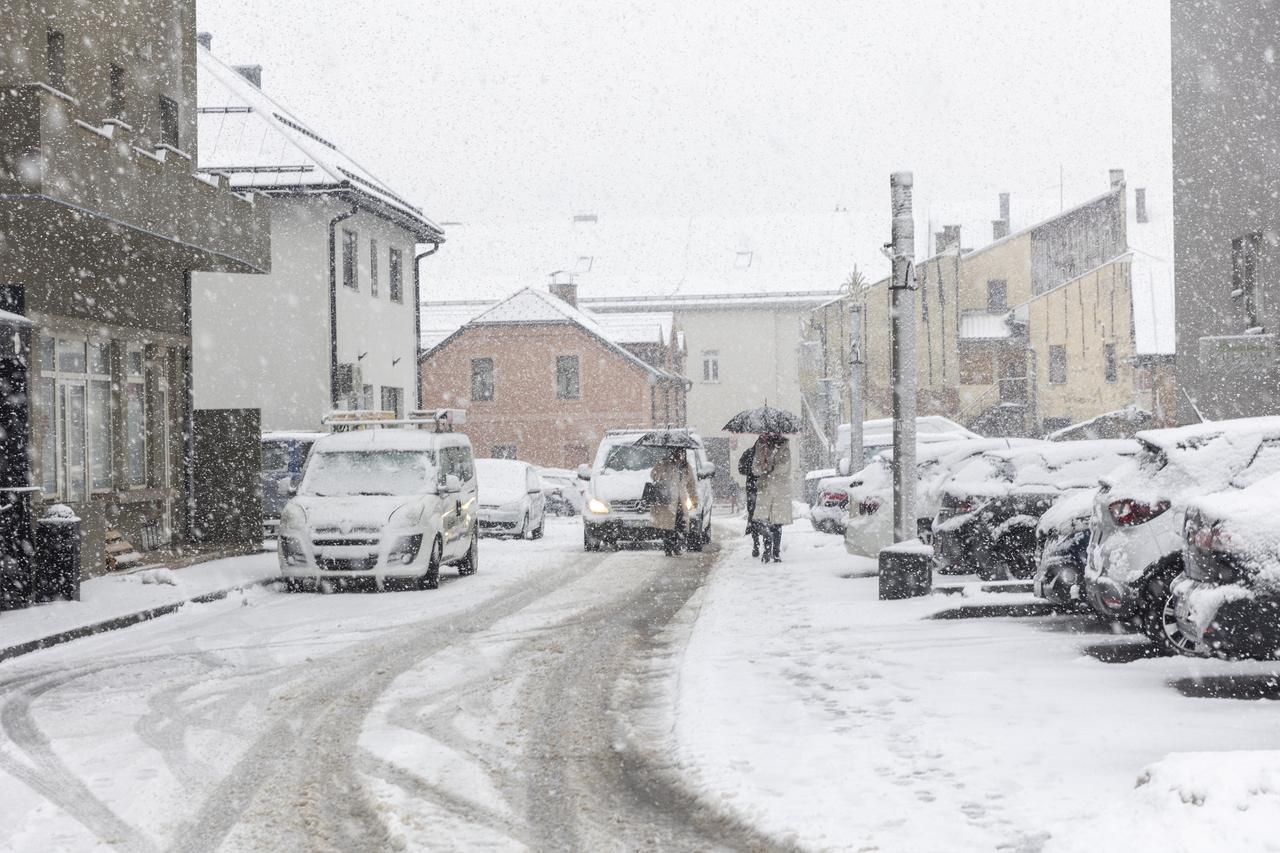


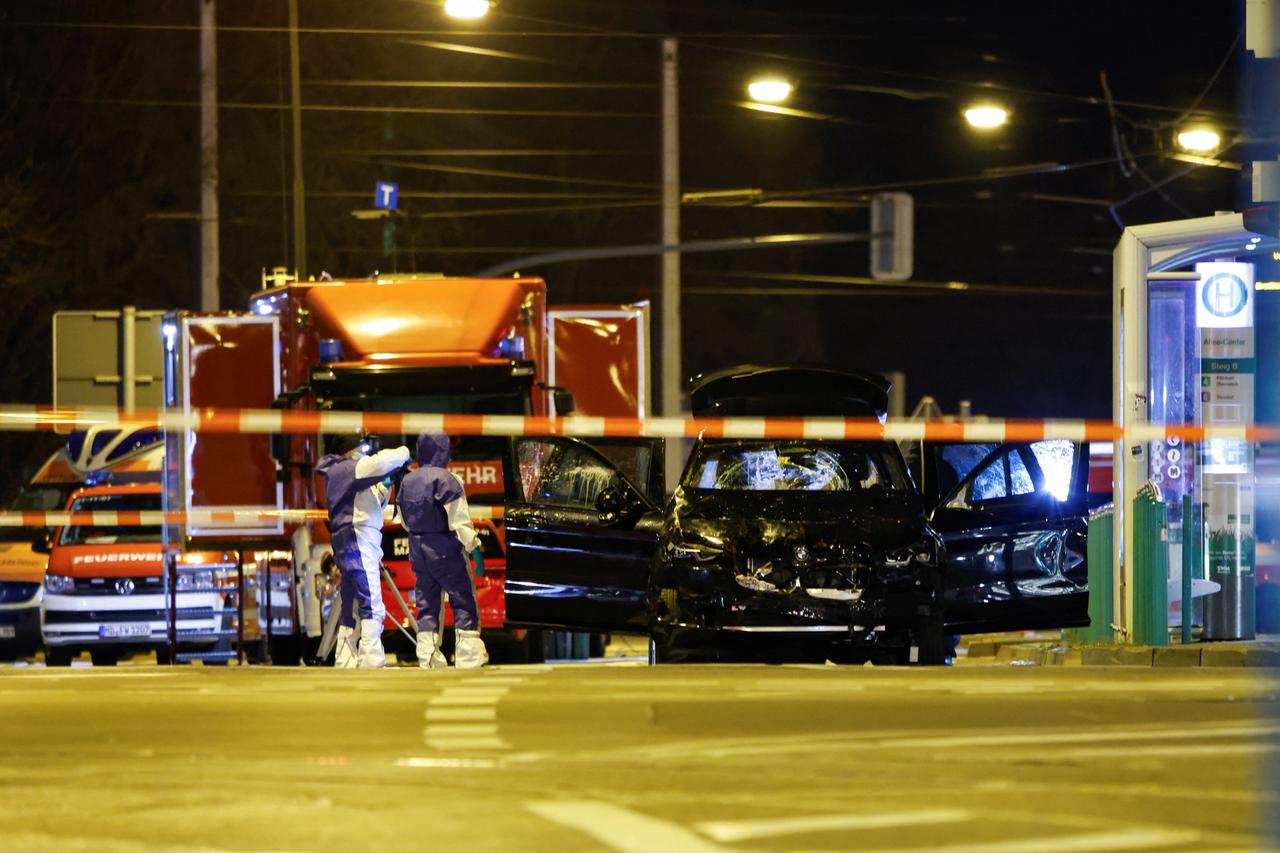


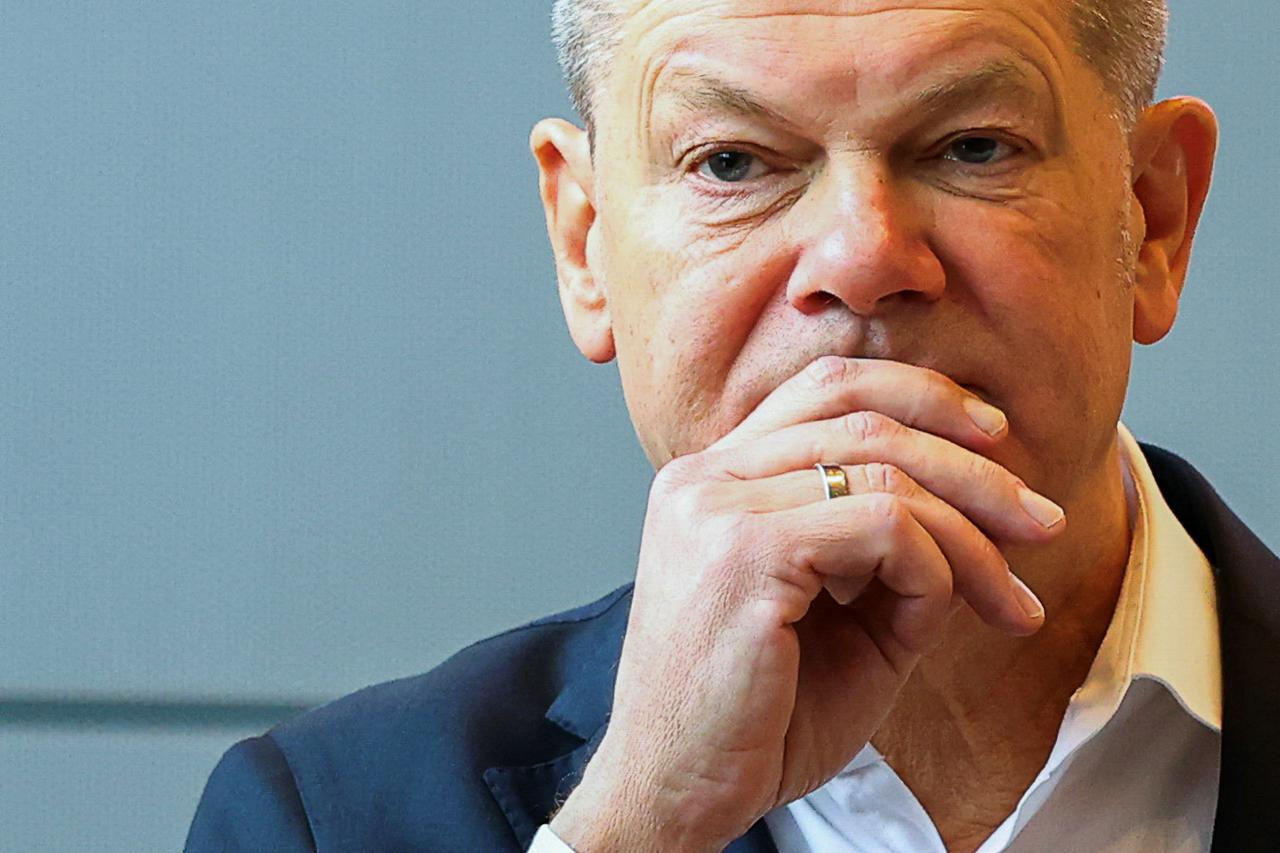
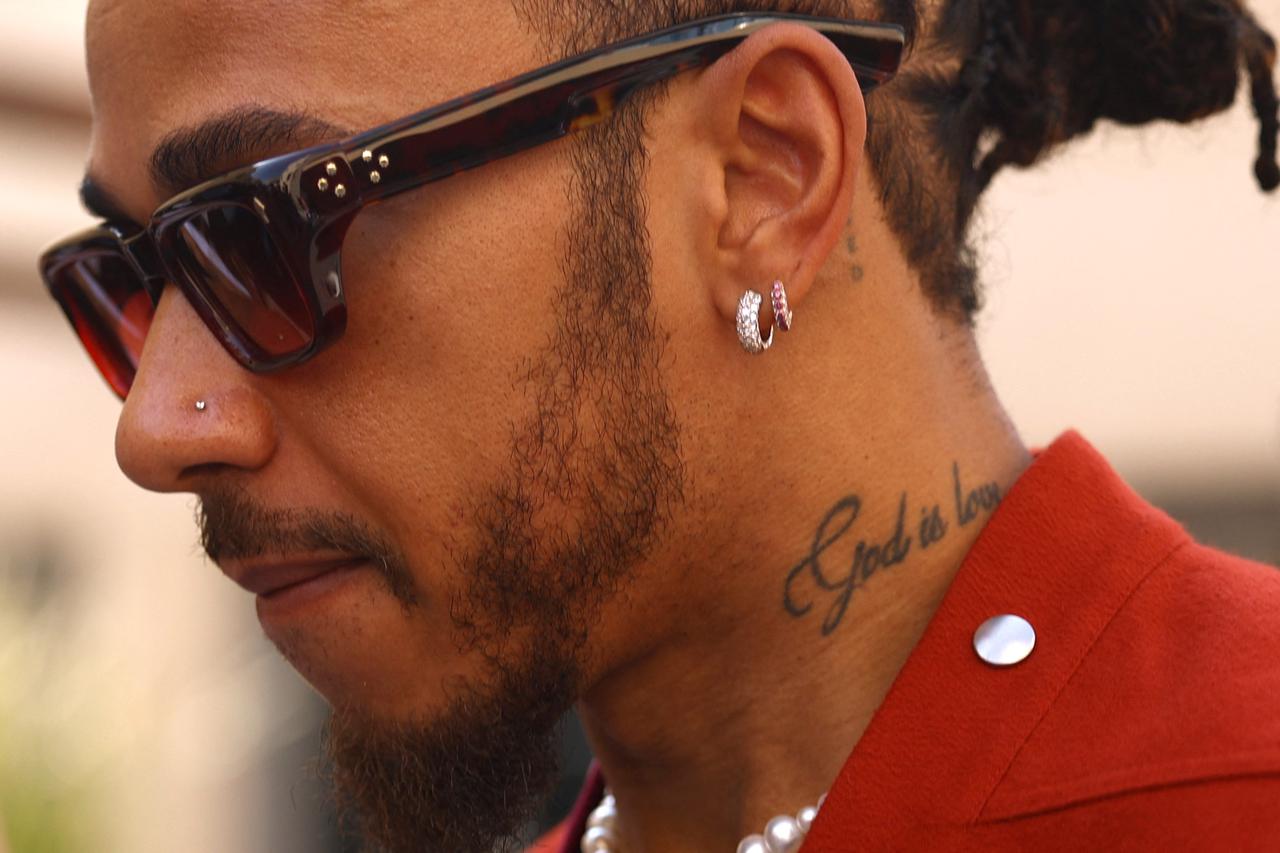
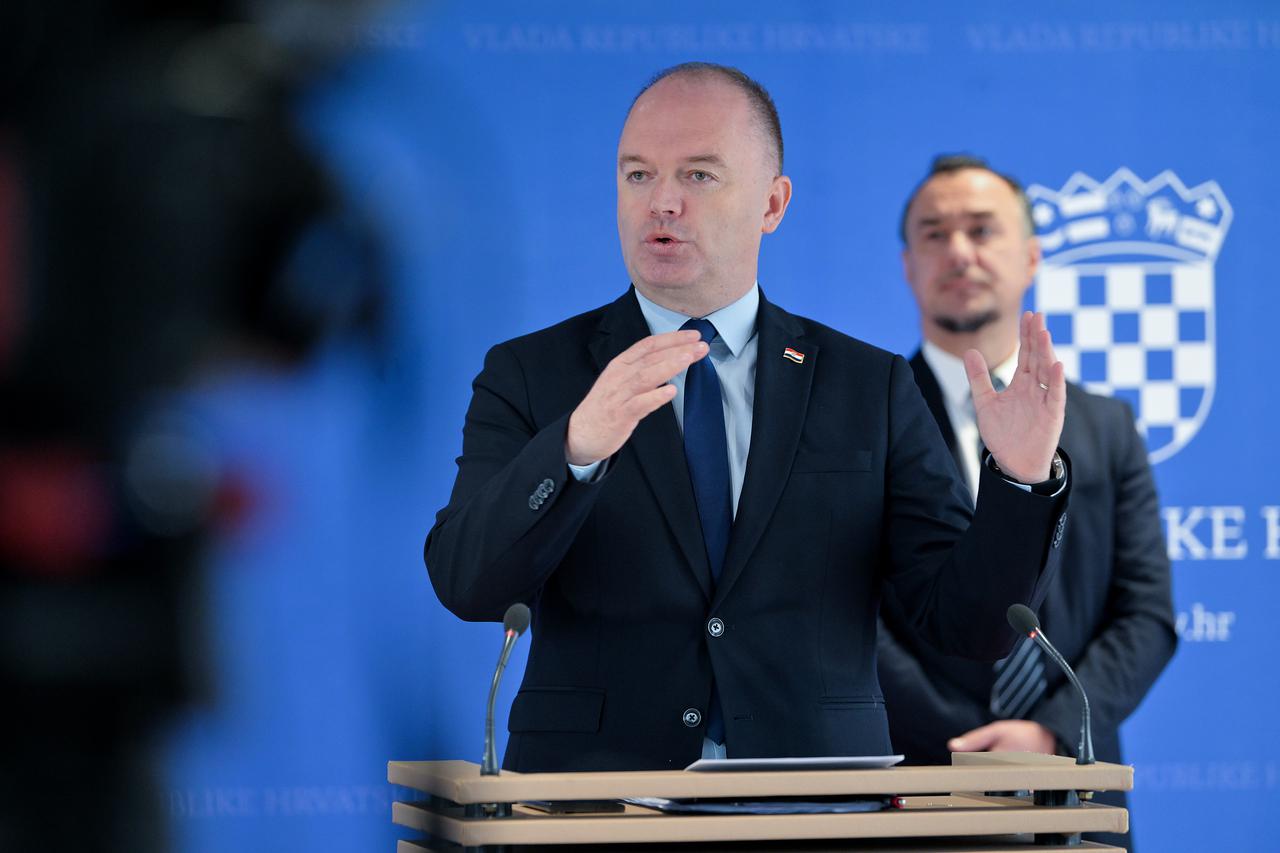
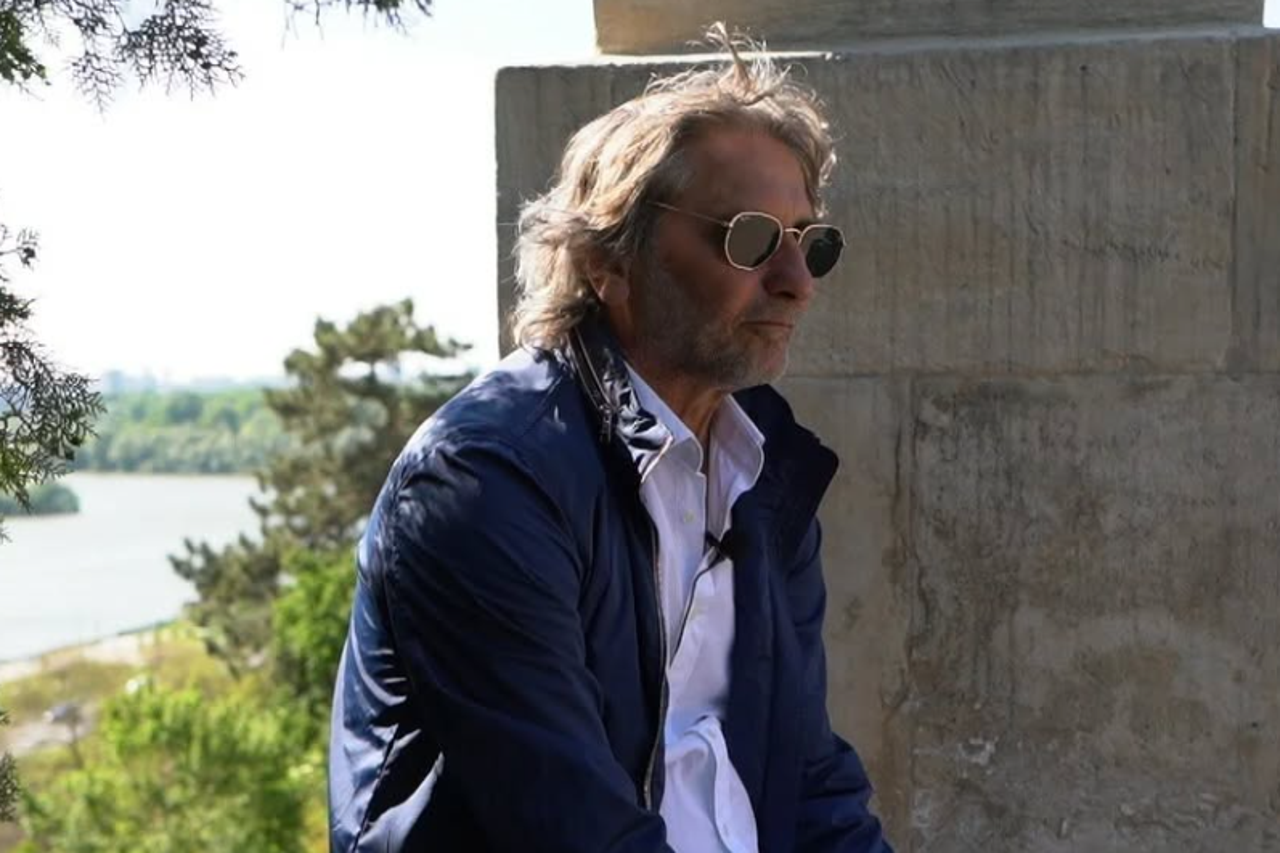
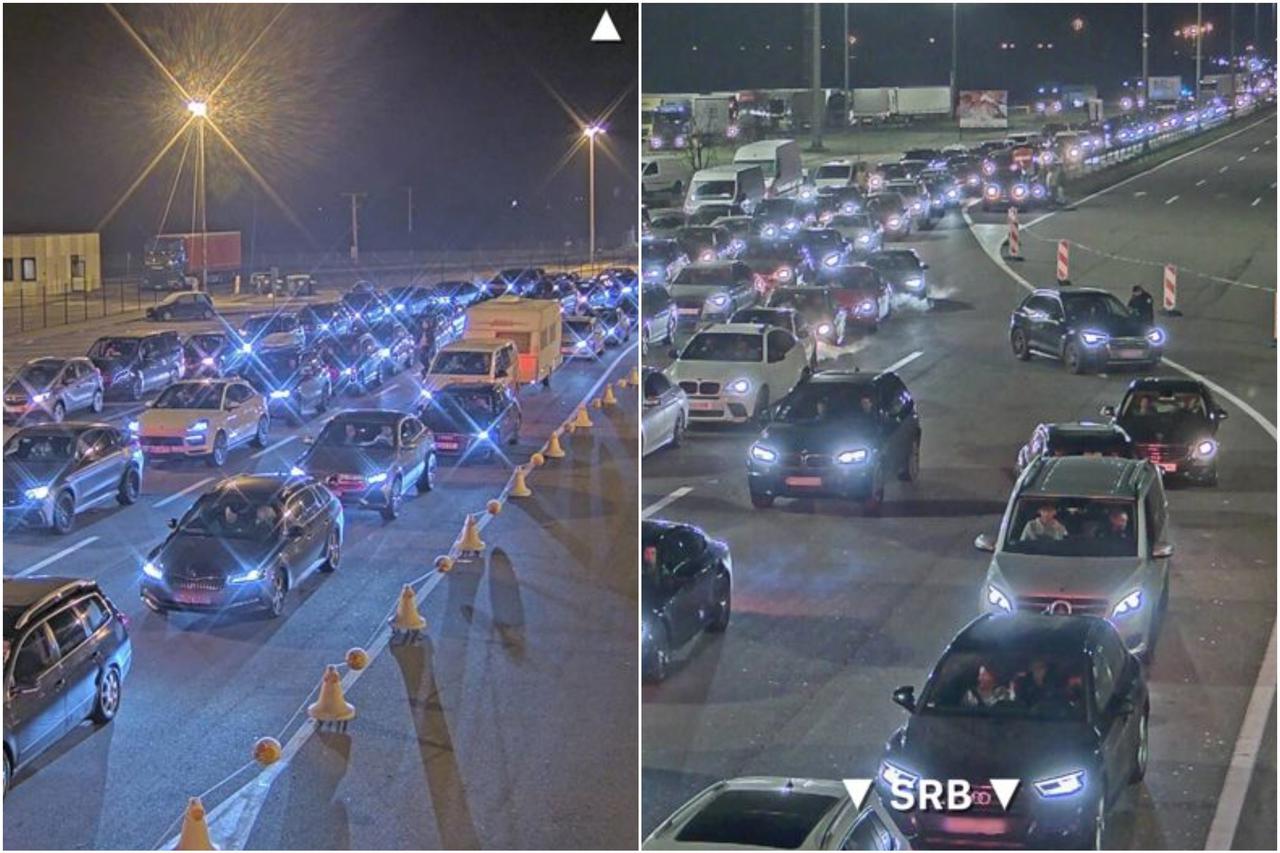
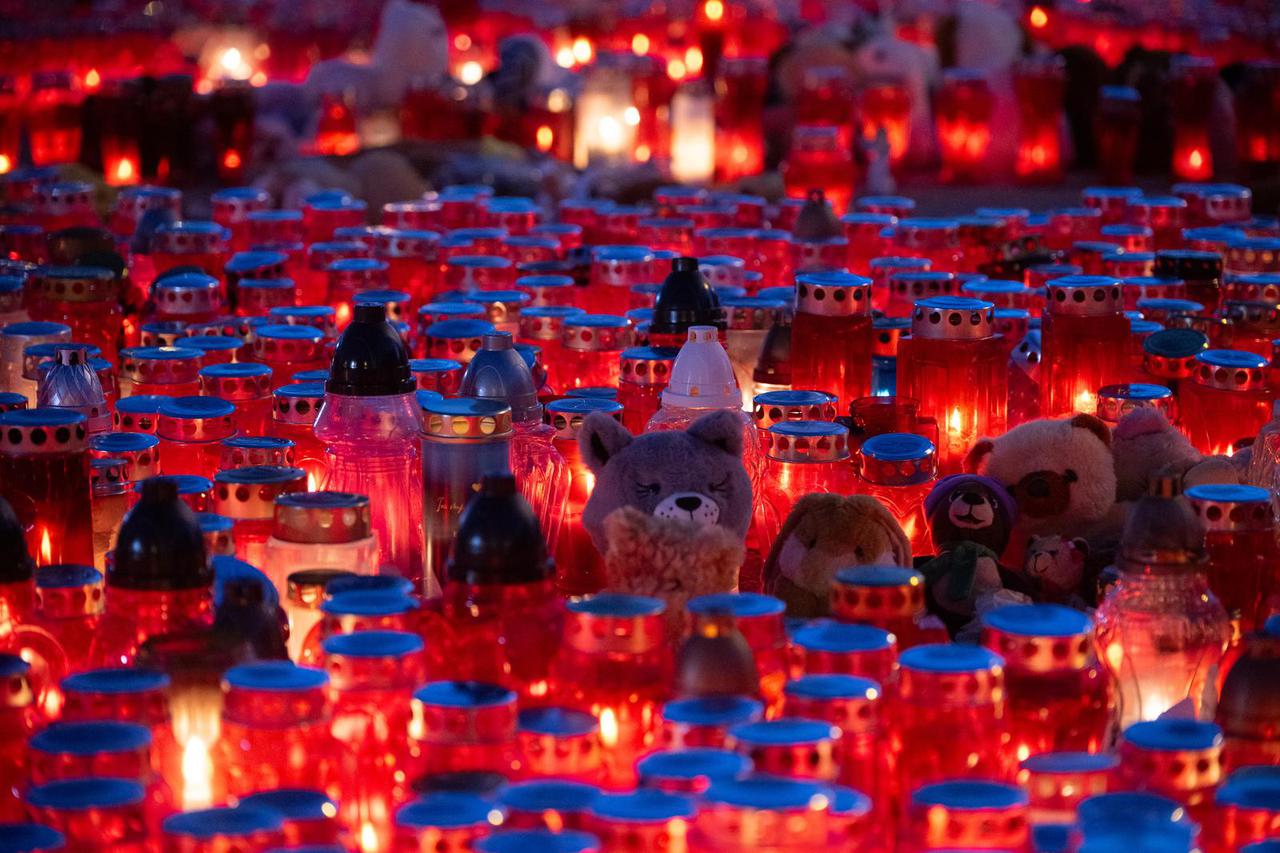
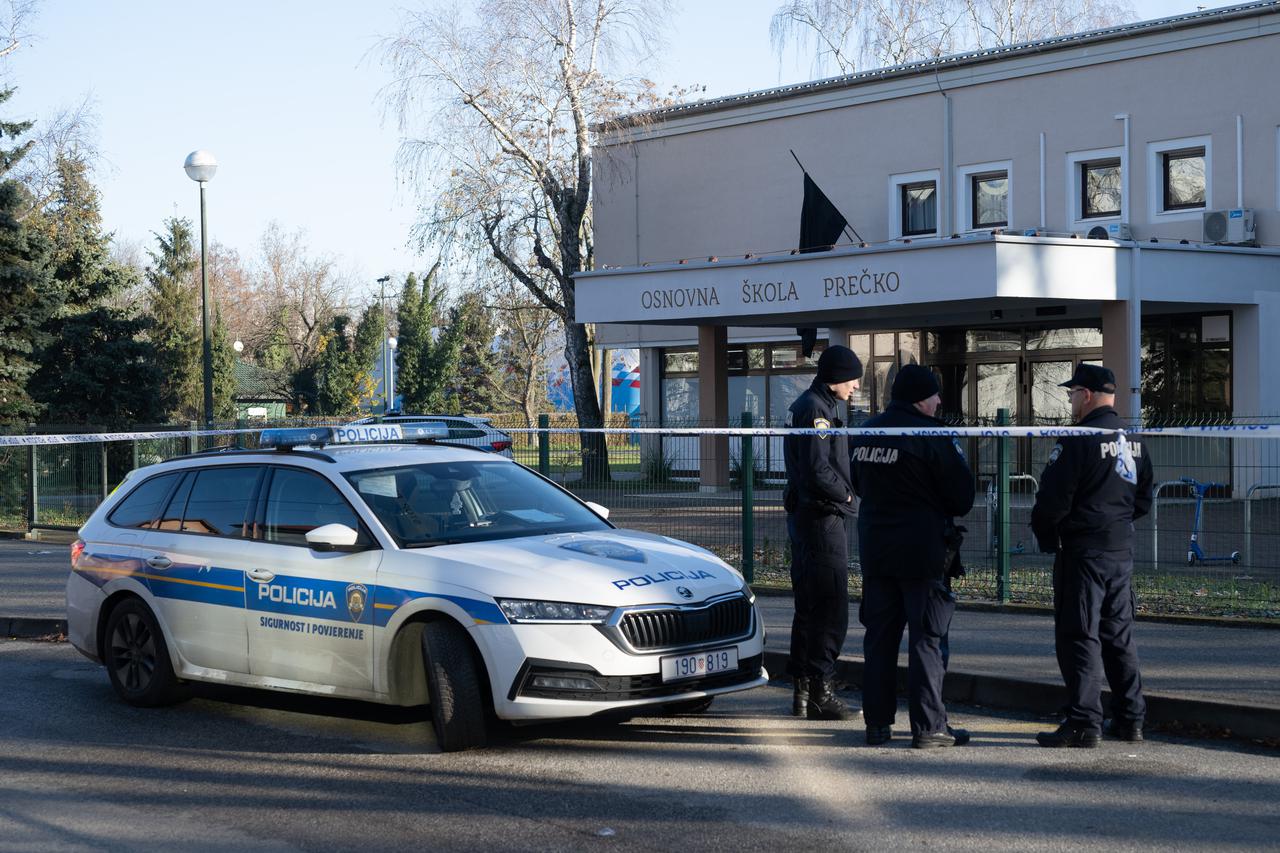
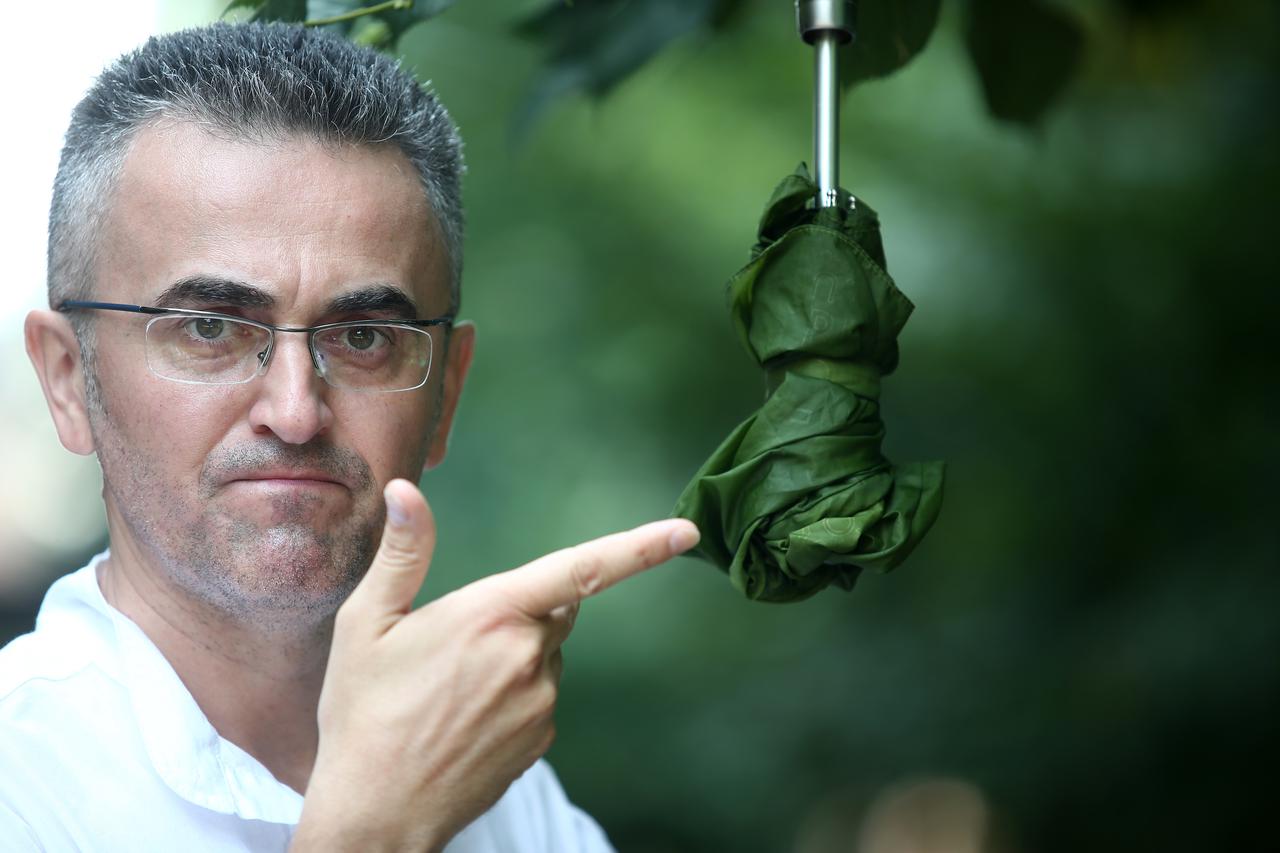
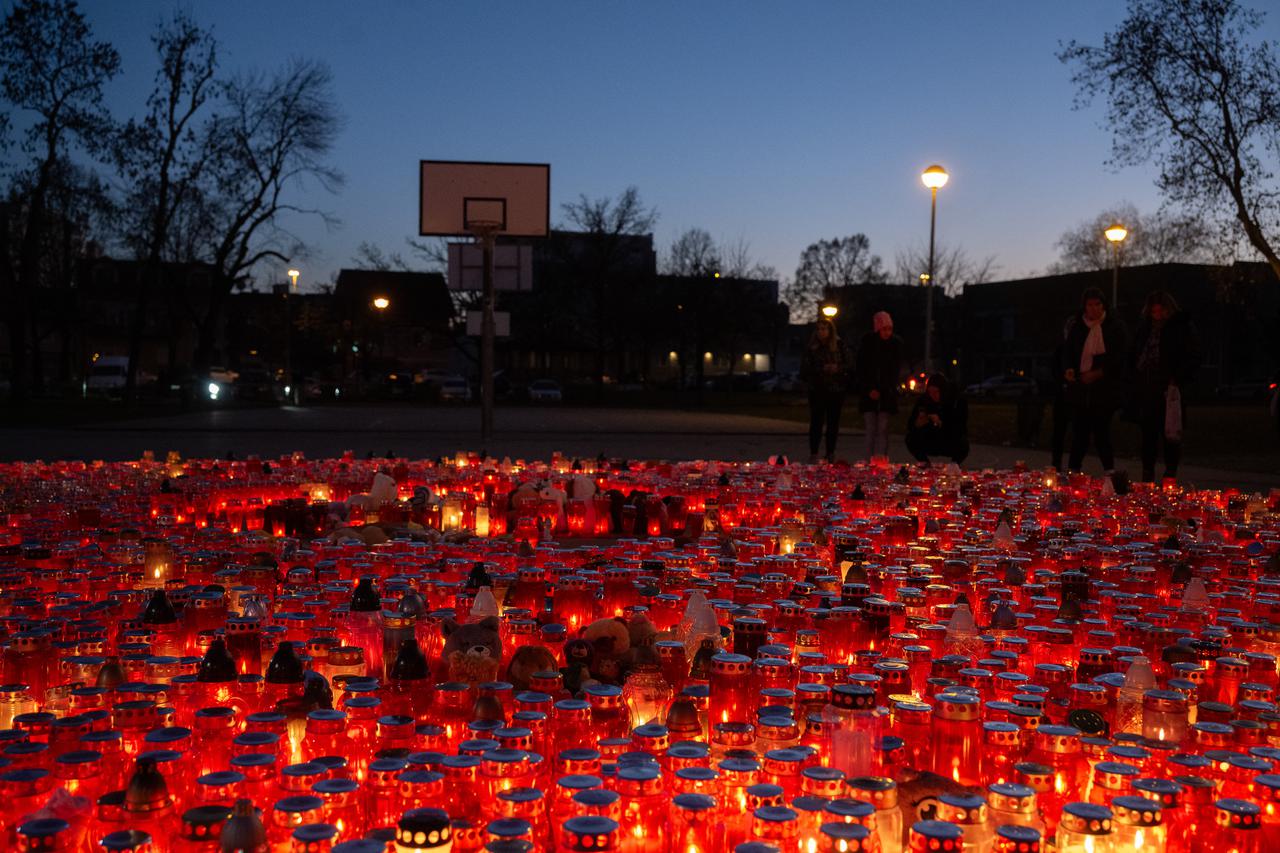
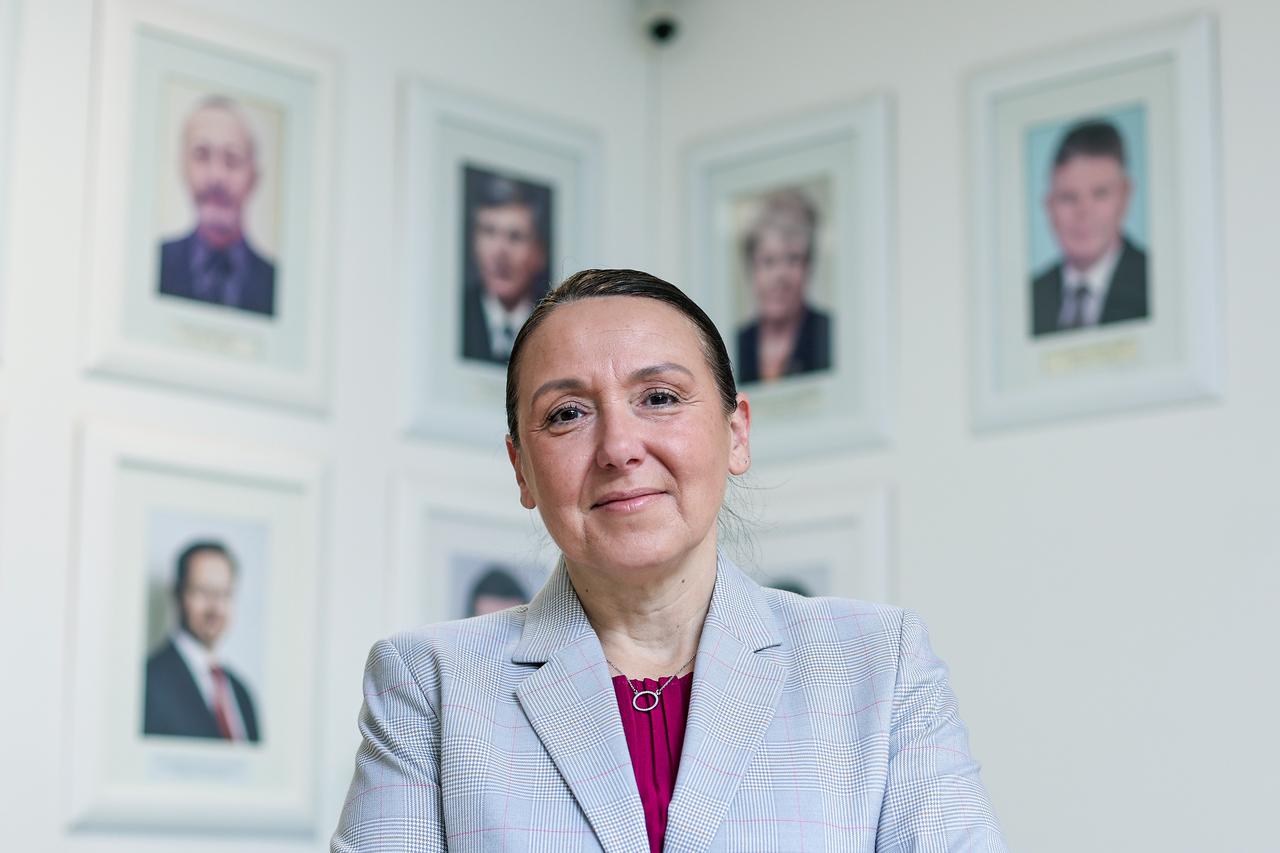

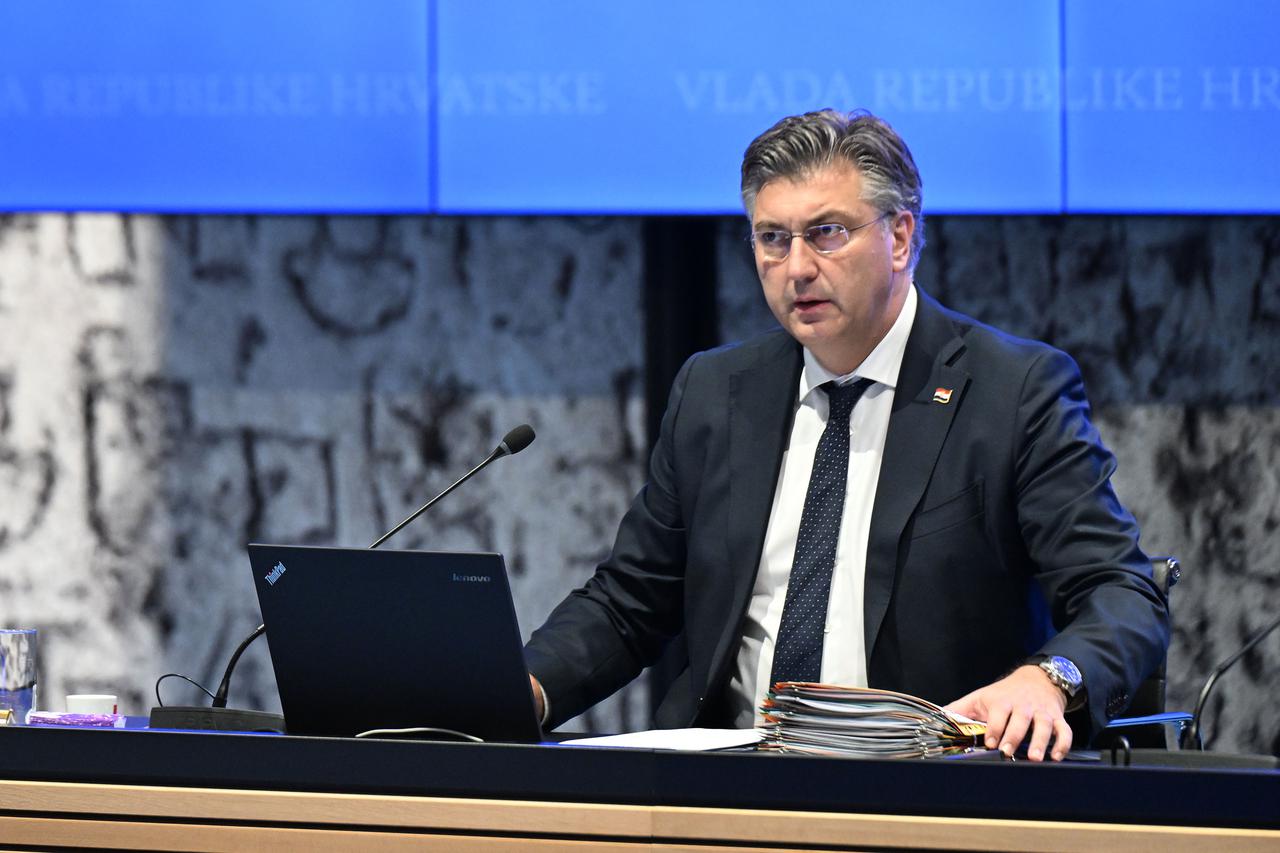
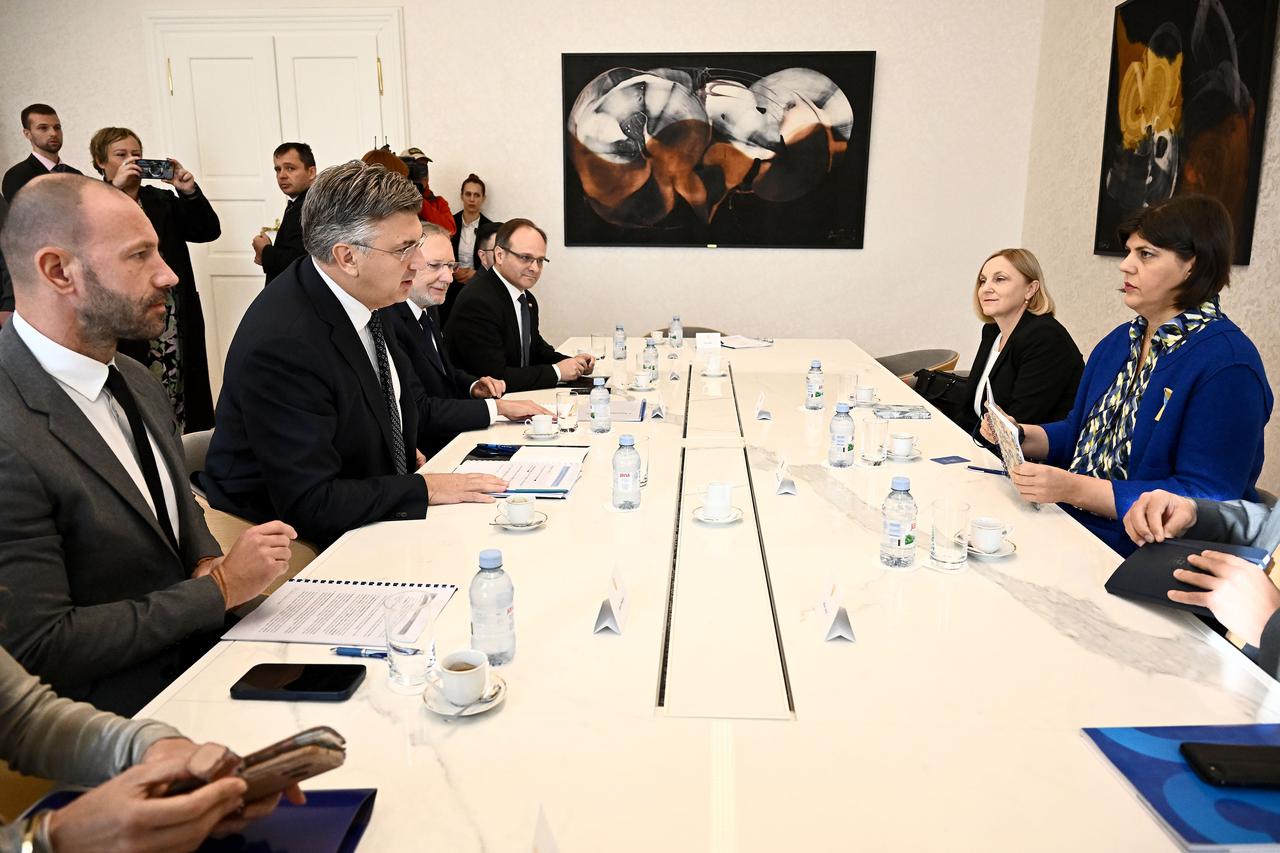
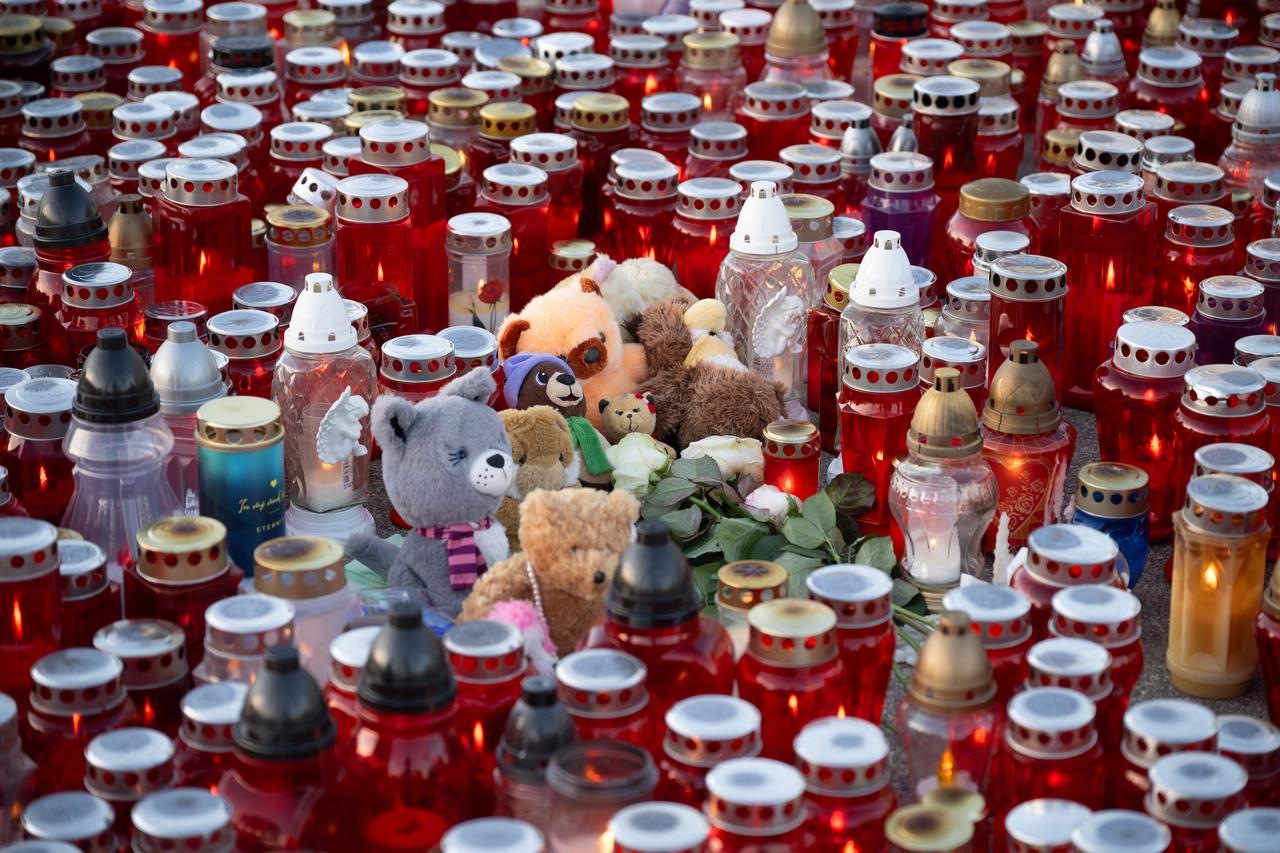
Hrvatski znanstvenici, ovi sa slike, uspješno su se, tijekom ove pandemije doveli u ravninu sa hrvatskim političarima. Čestitke na tom vanserijskom uspjehu. Srozali ste znanost kao jednu od rijetkih disciplina u koju je društvo imalo gotovo pa unisono povjerenje na razinu povjerenja u Hdz i Sdp.